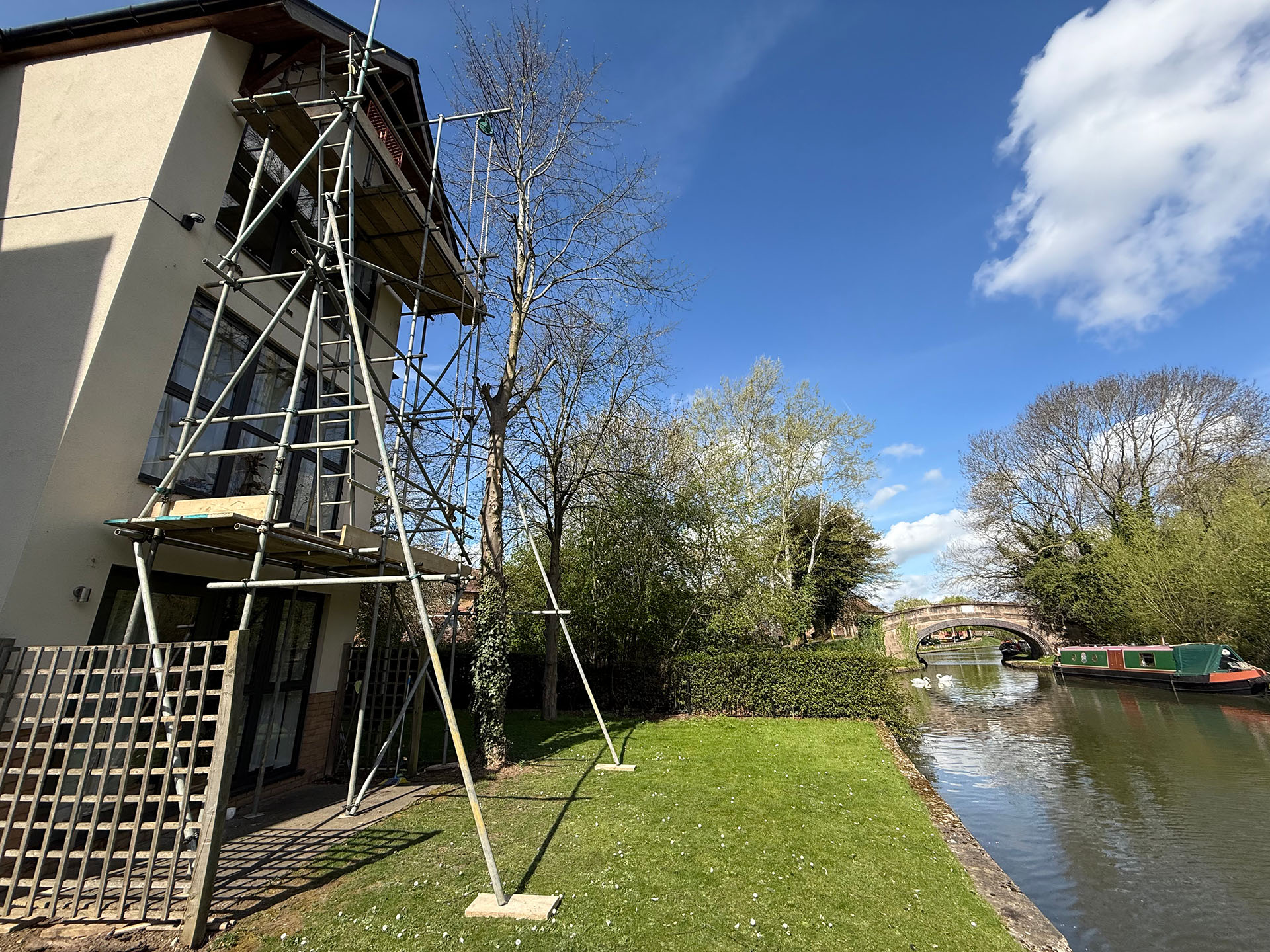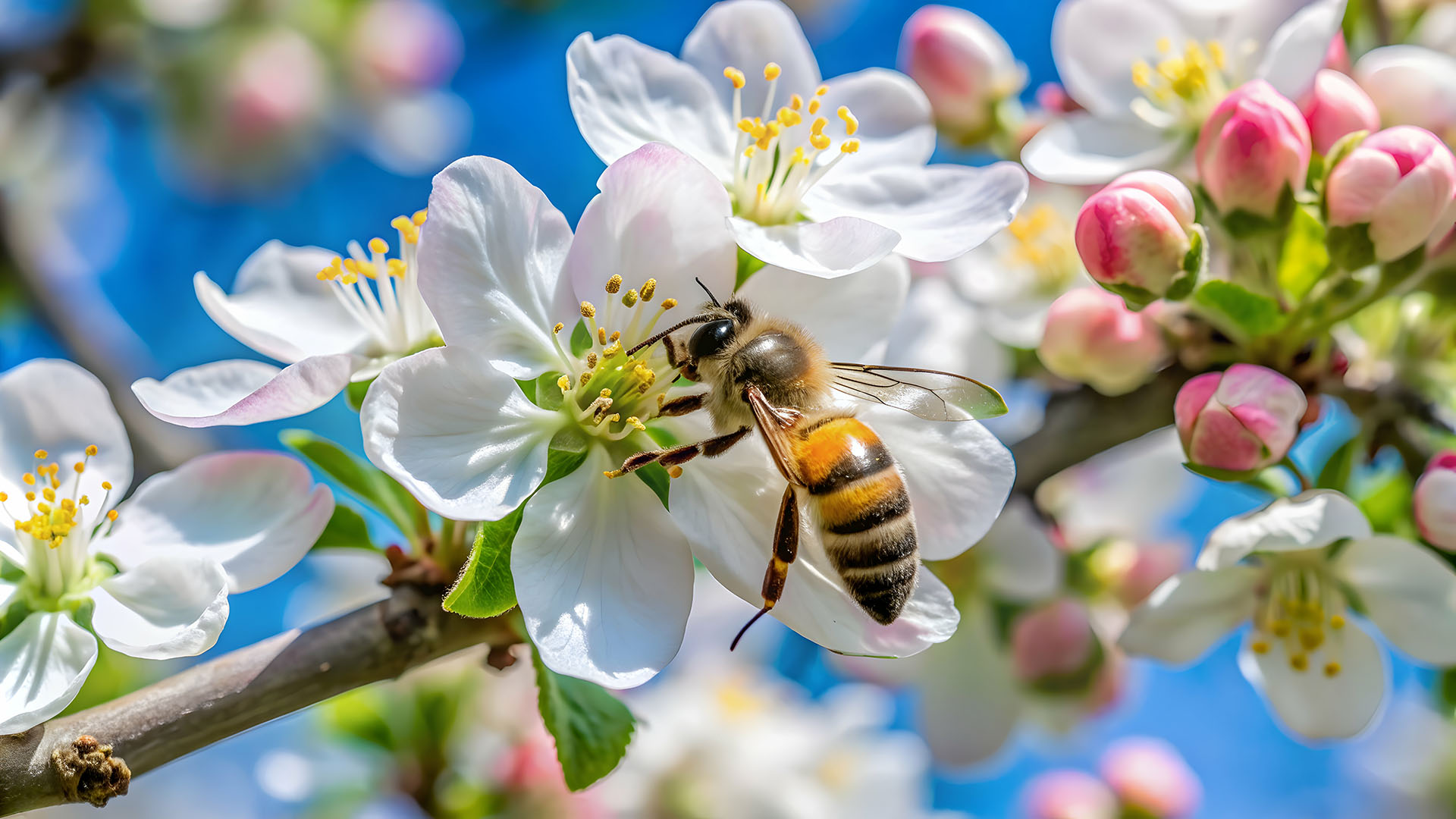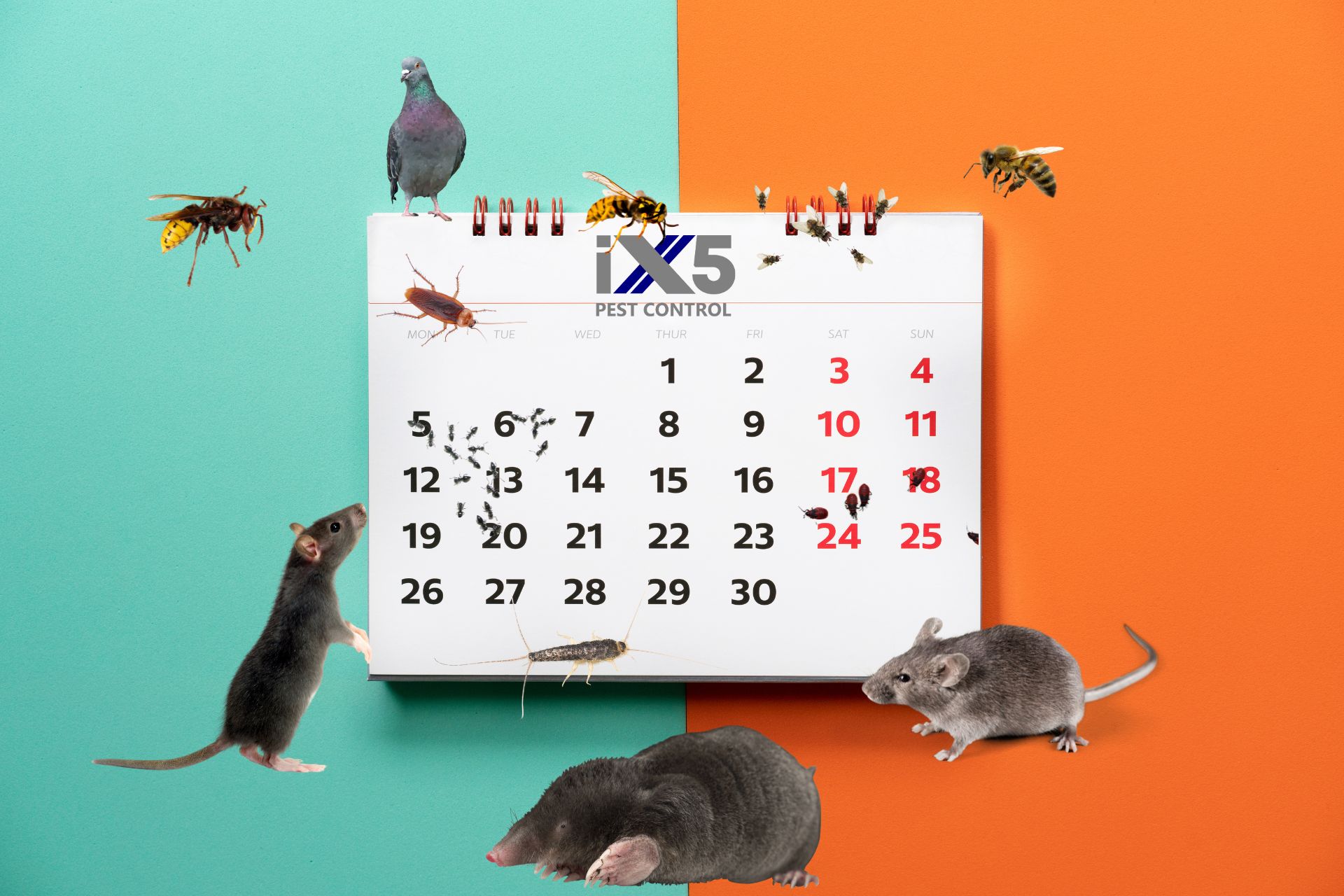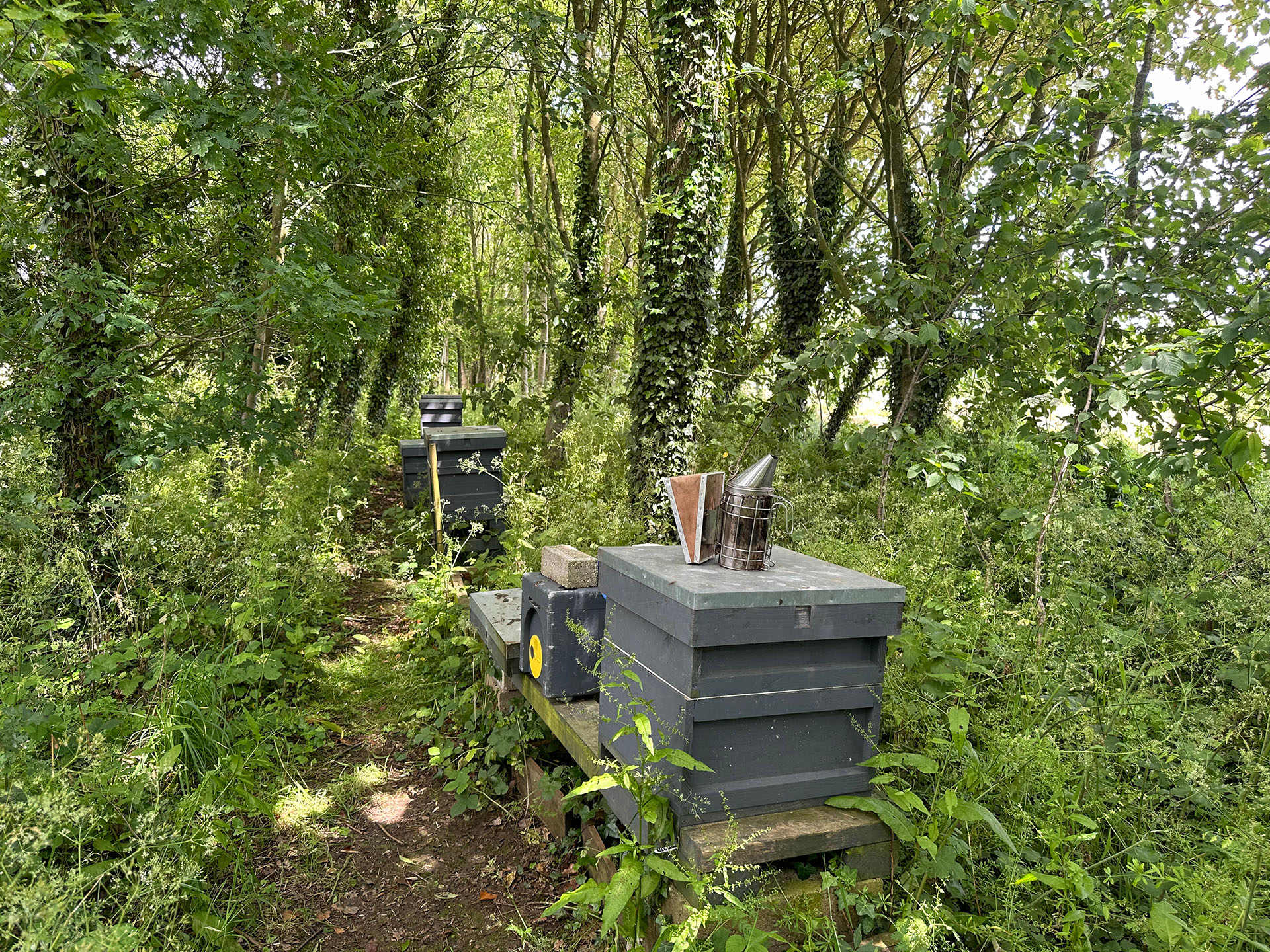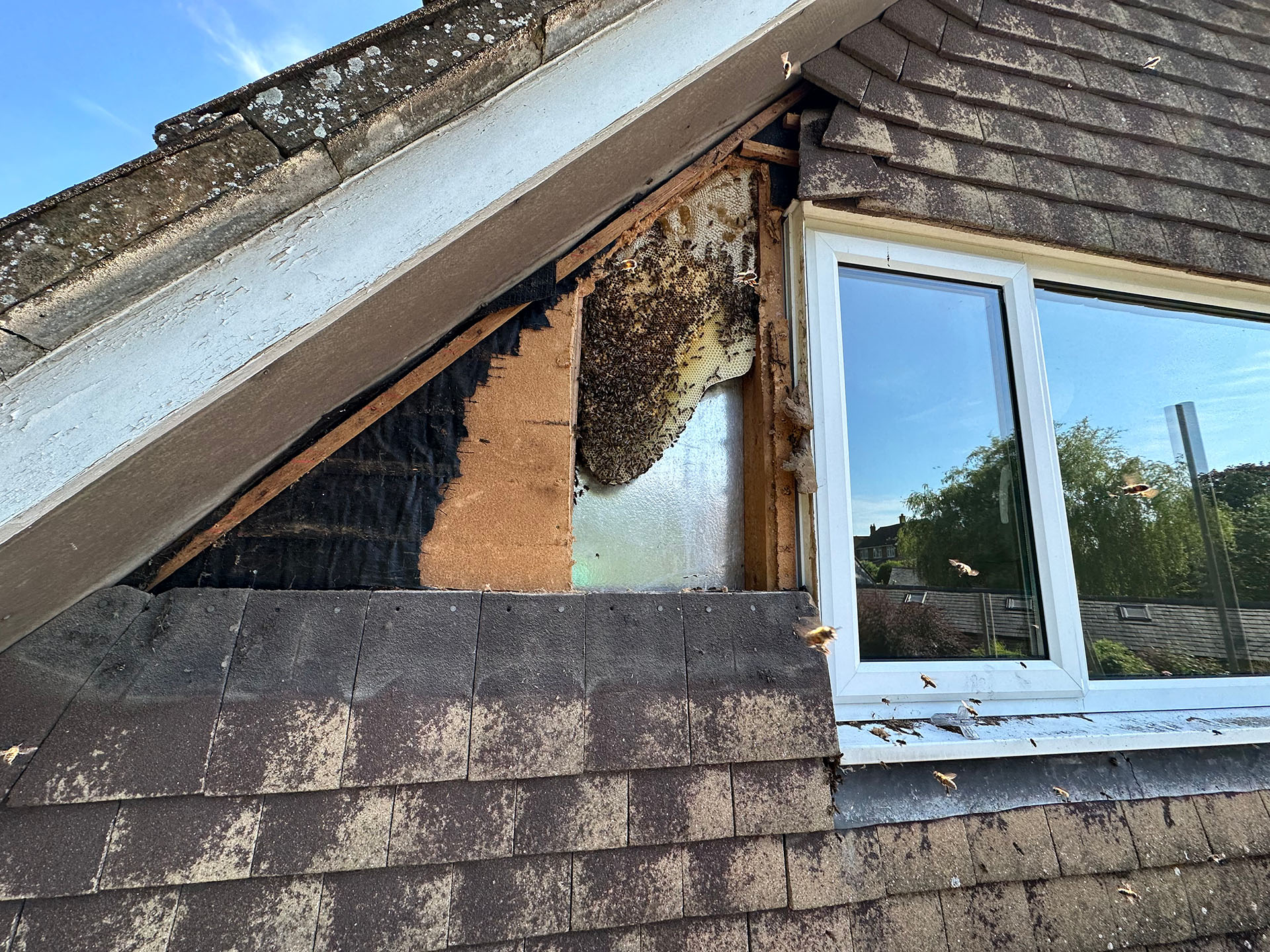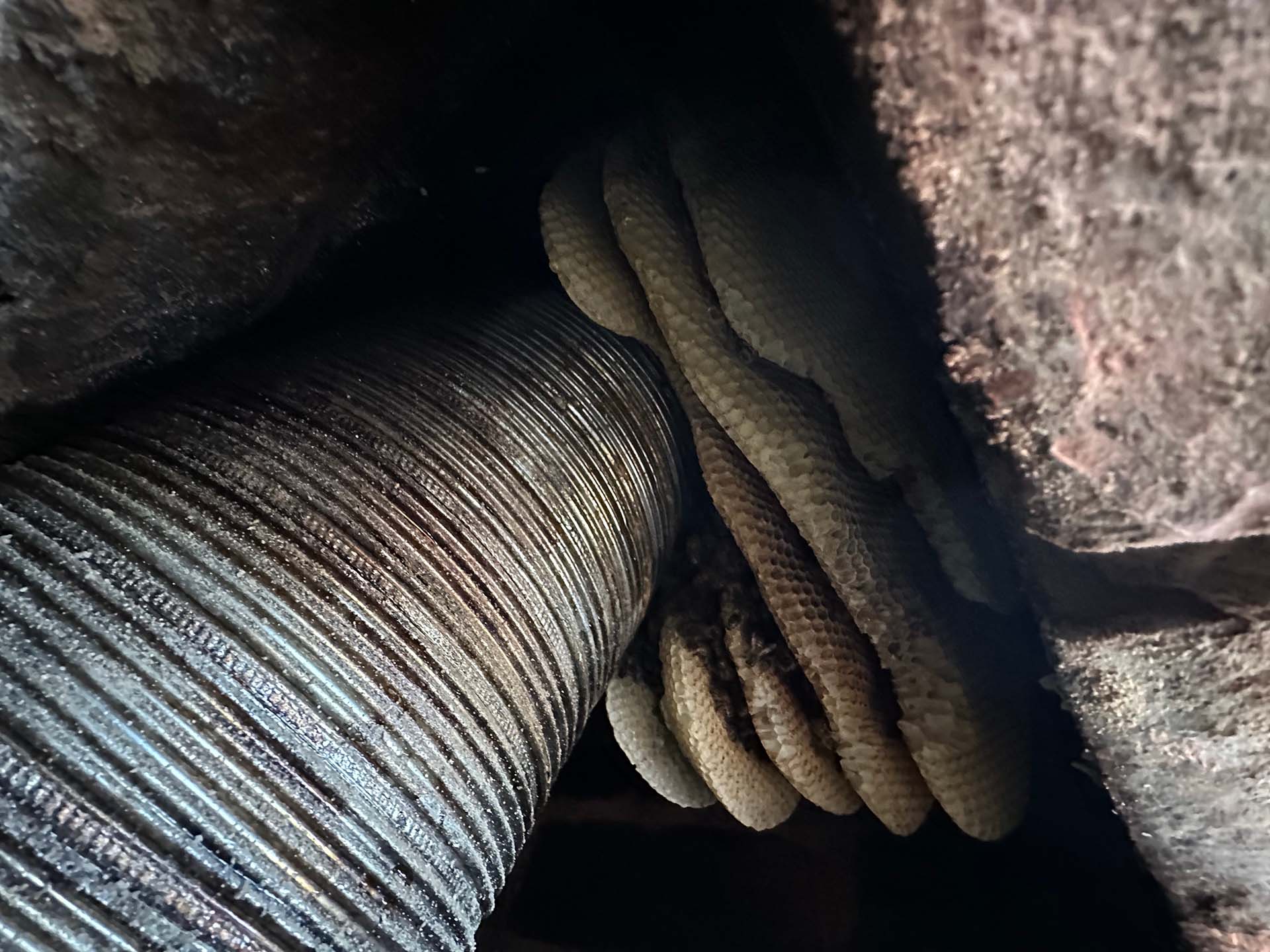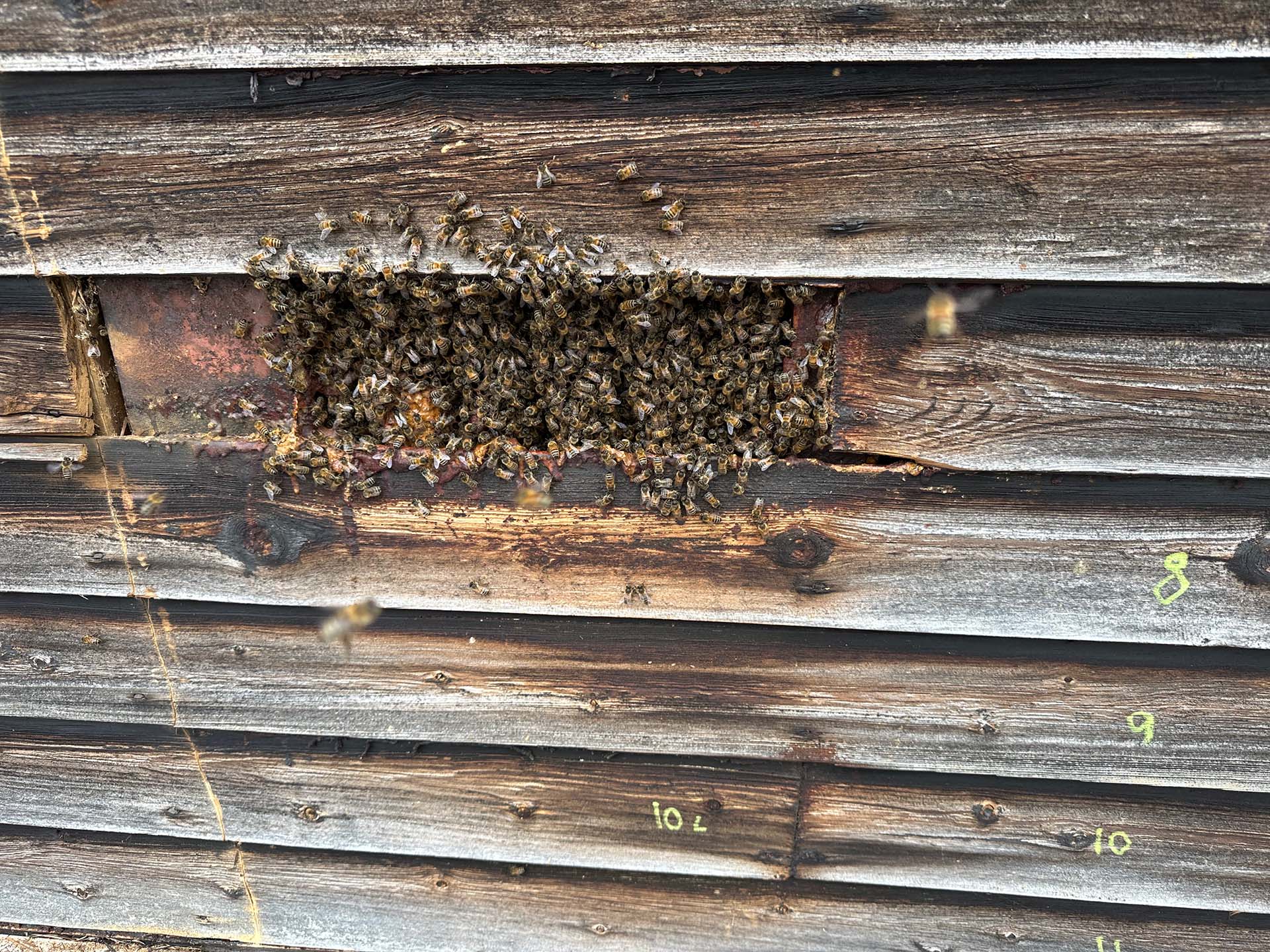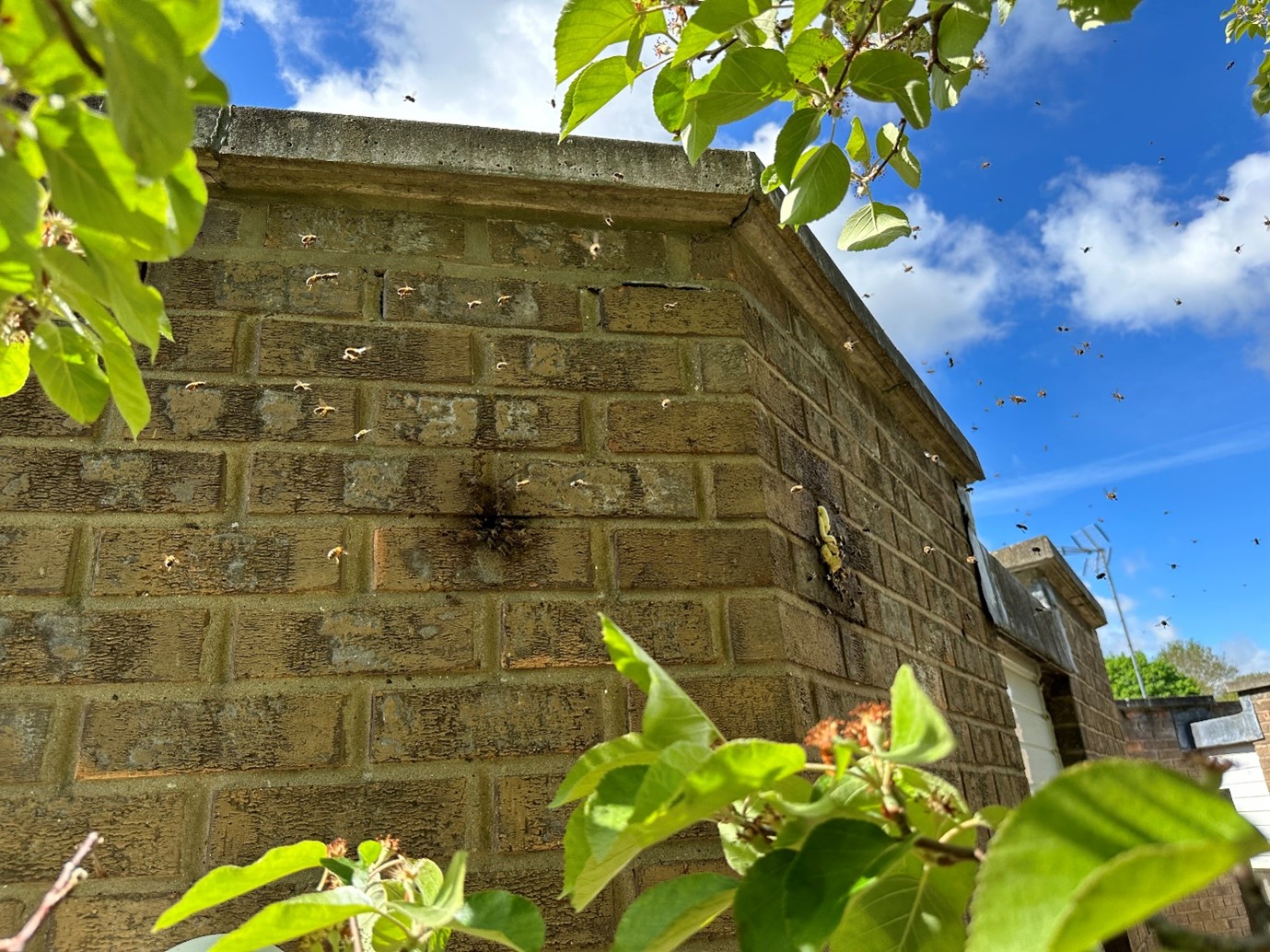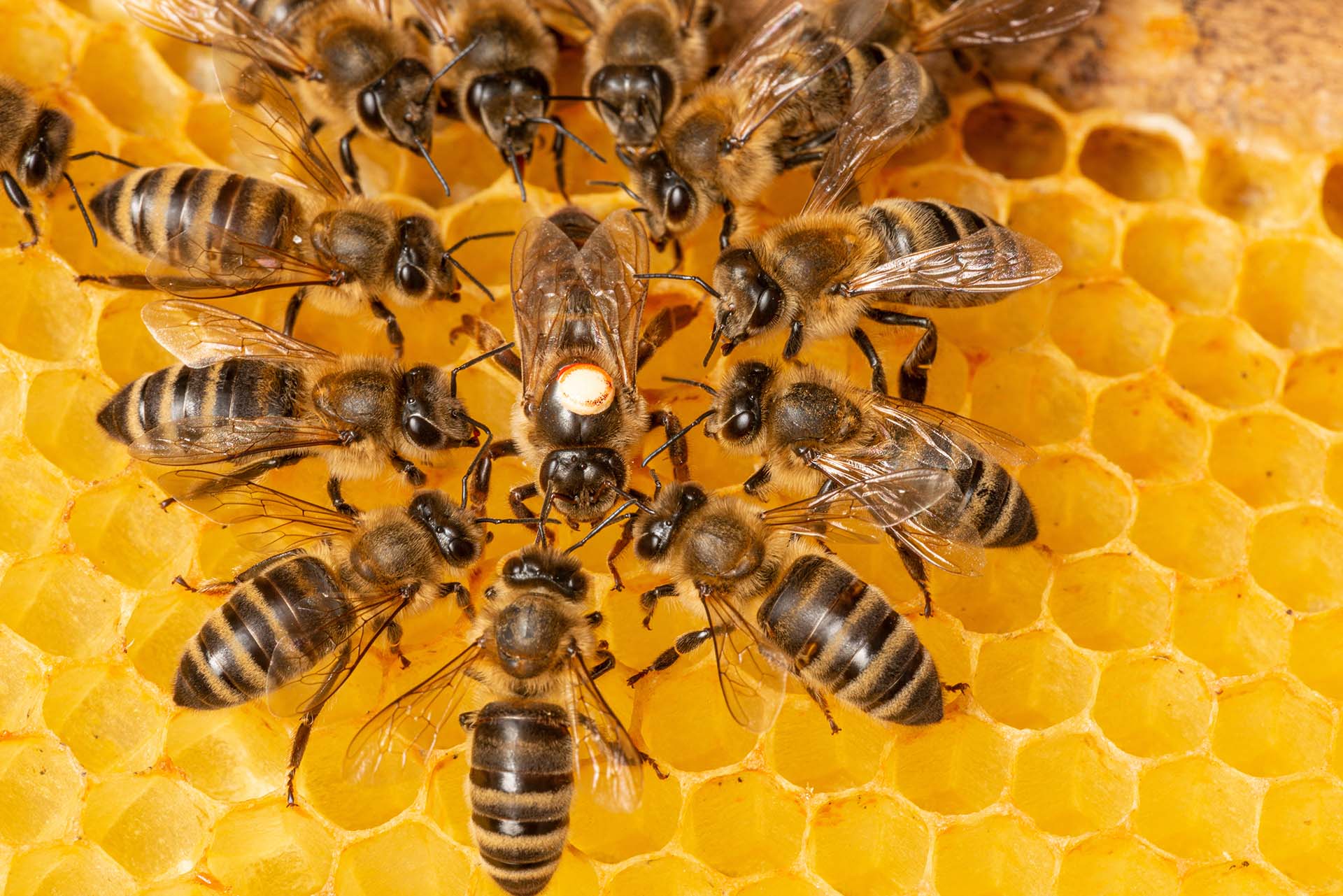Bees With a View
Bees With a View A Buzzing Start to Spring This Spring has been exceptionally busy for the iX5 Pest Control team. We’ve received a flurry of bee-related enquiries, many of them in truly spectacular settings. From idyllic farmhouses nestled in the Northamptonshire countryside to modern apartments overlooking peaceful canals, our bee experts have been hard[…]

